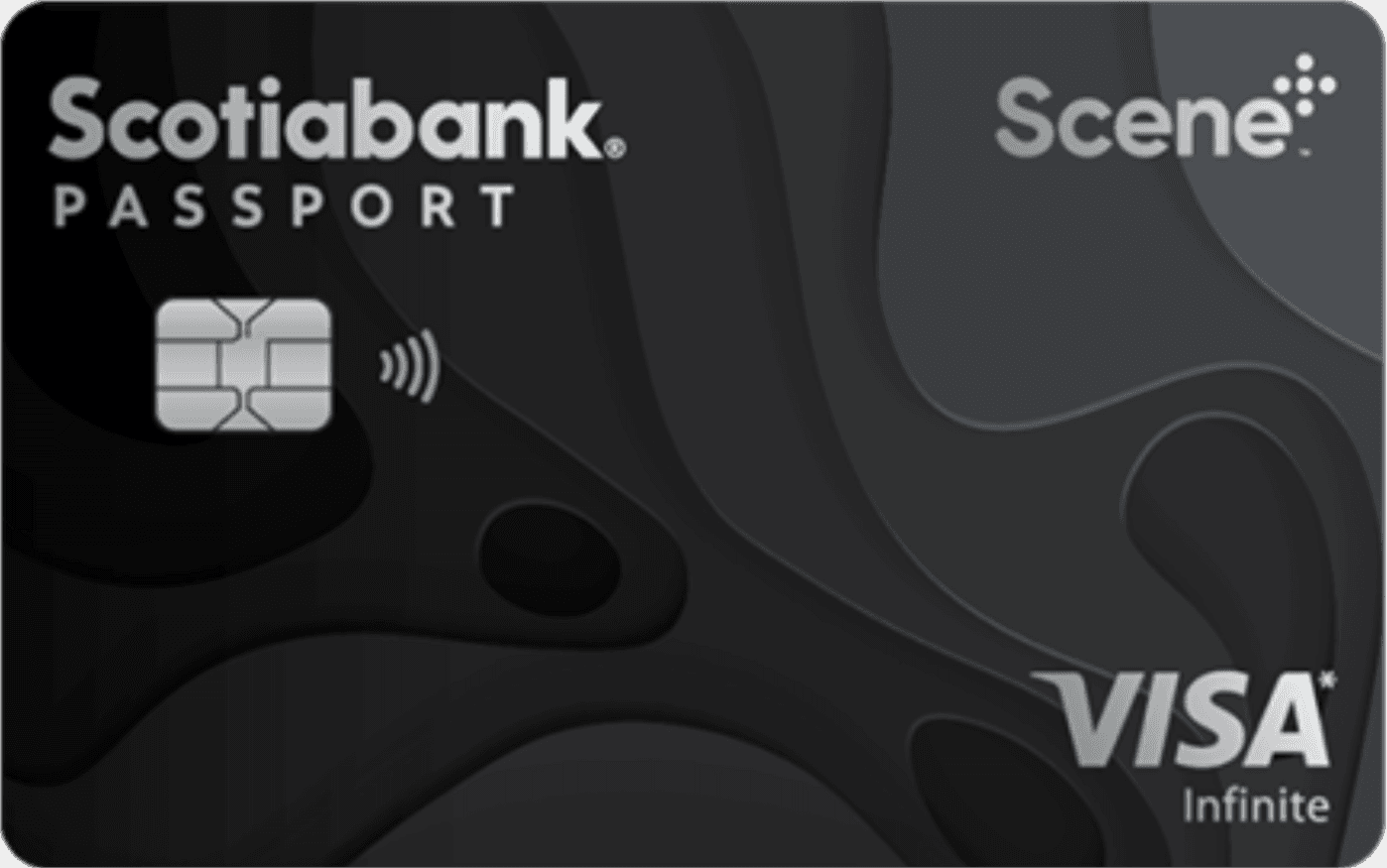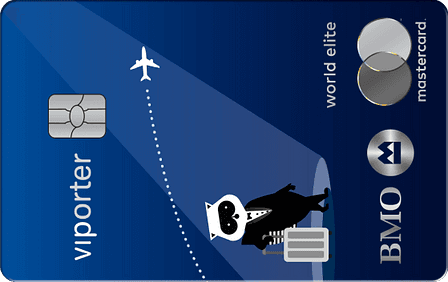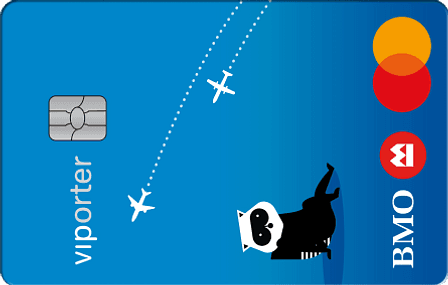
Can You get a Credit Card Without a Job
Sara Skodak
Author4 min read
Maybe you’re fresh out of university, in between work opportunities, retired, a stay-at-home parent, new to Canada, or you just can’t seem to land your next position. Either way, you’ll be pleased to know that there are few ways you may be able to get a credit card without a job.
To do so, understand your card’s application requirements, remain honest, and consider unemployment-friendly options.
How Essential is a Job for your Credit Card Application?
To start, let’s go over just how essential a job truly is when applying for a credit card.
It’s All About Income
For most credit cards, it’s not so much about your job itself, but more so about your income in particular – which yes, typically comes from a source of employment. Still, there are other ways to collect income that, depending on the card, you may be able to include in your application.
What is Considered Income?
When it comes down to it, a particular income is requested or required by certain credit card issuers simply to ensure that you’ll be able to repay them for the credit they provide you with.
Here are some examples of alternative sources of income (besides the income that would come from a standard job):
- Financial aid – think scholarships, grants, or bursaries
- Social assistance programs, settlements, or government benefits – like welfare, disability or child support
- Financial security – such as investments, savings accounts, trust funds or inheritances
- Passive income – rental properties, digital product sales, royalties from creative projects (such as your artwork)
- Spousal or familial support – the income provided by a spouse, common-law partner or family member
Note that alternative income eligibility depends on the credit card issuer’s policies and may require extensive proof through documentation.
What Isn’t Considered Income?
To keep you on the right track, the following money-sources are not considered sources of income:
- Loans
- Lines of credit
- Other credit cards
- Insurance claim payouts
- Small personal sales – such as casual sales implemented through online marketplaces
- Lottery winnings
- Monetary gifts
History can also be Crucial
In this case, by history we mean your credit history, including your credit score and any lingering debt.
This type of history and scoring system provides credit card issuers with a better picture of who you and how financially trustworthy you may be.
If you happen to have a decent credit history, this could work in your favour when applying for a credit card even while unemployed – particularly if the card you're applying for doesn't have any income requirements.
So, How do you Get a Credit Card Without a Job?
Now that we’ve covered the ways in which having a job can be inessential when applying for a credit card, let’s go over exactly how you can apply for a credit card (or something similar) without a job.
Consider Cards Without any Income Requirements
The most obvious way to apply for a credit card without a job is to look for credit cards without any income requirements.
This means that how much you make is less essential, and while the application process may still ask for income information, you’ll be able to be truthful without feeling like honesty is completely detrimental to your chances.
If you're unemployed and therefore budget-conscious, consider applying for low or no income requirement cards that also come with no annual fees. You can also check out prepaid credit cards, secured credit cards, student credit cards, or retail-affiliated credit cards – which are all budget-friendly low-income contenders (more on those to come).
To sift through different types of credit cards in Canada – including those with no income requirements or annual fees – check out our Best Credit Card Finder tool.
Try a Prepaid Card
Prepaid cards work more similarly to debit cards or gift cards. They allow you to load money onto the card before making any payments. This way, you’re only pulling from money you already have inside of your pocket.
Since a prepaid card isn’t the same as a credit card, you won’t need to prove to anyone that you’ll be able to repay any credit, and therefore you won’t need a job to meet a specified income requirement.
Ultimately, a prepaid card is a budget-conscious card option when it comes to making payments while unemployed. A traditional credit card might just get you into more trouble when it comes to collecting debt.
Stay On-Budget with a Secured Credit Card
Secured credit cards are also slightly similar to prepaid cards in the sense that you’re able to preload funds onto the card (known as a security deposit) – which determines your credit spending limit. The difference though is that secured credit cards can still affect your credit score depending on how well you keep up with your payments. If you make positive impacts towards your credit score with a secured credit card, you can eventually use that credit history to apply for other credit cards in the future. That said, if you don’t pay off your secured credit card, the issuer keeps your deposit.
Interested in a secured credit card? Check out our previous post on the best secured credit cards in Canada.
Overall, as you navigate the instability of unemployment, a secured credit card is a safe way for you to stick to a budget as you continue to make necessary payments – all while still building your credit score.
Still in School? Get a Student Credit Card
Students are great examples of those who may be unemployed, but could still benefit from a credit card. Having a credit card as a student allows you to pay off your academic expenses while building some credit for your future.
Understandably, it can be difficult to juggle a job alongside your studies (been there!), that’s why there are plenty of credit cards designed with busy students in mind – many that don’t care if you don’t have a steady income. Typically, to apply, you’ll just need to provide proof of enrolment.
Take a look at this blog post to browse some of the best student credit cards in Canada.
Many of these options have no annual fees, uncomplicated cashback programs, and basic insurance coverage to support you in the beginning of your credit journey.
Opt for a Retail Store Card
Depending on the merchant, shoppers can sometimes get a credit card that’s affiliated with a retailer they’re loyal to. These cards are usually easier to apply for and, in some cases, they may not even ask about your current employment situation.
If you’re a frequent online shopper, you can also consider the Amazon.ca Rewards Mastercard which offers nice cashback on your Amazon purchases – particularly if you’re an Amazon Prime member. To apply, there are no income requirements or annual fees.
Maybe you’re most concerned about your groceries. If so, consider cards like the PC Mastercard – primarily if you shop at Loblaws-affiliated stores. Like the other retail cards we’ve mentioned, the PC Mastercard also has no annual fees or income requirements.
Become an Authorized User
Another way to get a good credit card without a job is to simply become an authorized user on either a parent or significant other’s credit card account. When you join a pre-existing account, your personal income and credit history will not be assessed by the issuer. Keep in mind, however, that this option won’t allow you to build up your own credit because you’re essentially not responsible for the payments since you’re not the primary cardholder.
Alternatively, Supply Proof of Payment Eligibility
As a last resort, you can always attempt to prove to the credit card issuer in question that you’ll be able to make payments despite not having a job. This is where proof of those other sources of income we mentioned at the start of the post can come in. Proof will differ depending on the source, but if it’s possible to pull together official documentation of alternative income, at least try to do so.
How to Indicate You’re Unemployed on a Credit Card Application
If you find yourself applying for a credit card and they do ask about your employment status or your personal income, follow this protocol:
Be Honest
In this situation, honesty really is the best policy. If the employment details section on your application is optional, leave it blank. If these details are required, don’t make something up – you can actually be charged with fraud if you do. Instead, try applying for a card with less-strict requirements, like a secured credit card. These cards may also avoid any income-specific questions in the application process.
Provide Proof
Another reason why you shouldn’t lie about your employment or income status on a credit card application is that the issuer may indeed ask for proof – whether that be through an employment letter or a bank statement.
If you don’t have a job but you do have enough alternative income to support a credit card account, as previously mentioned, gather official or legal documentation that clearly states how much money you receive.
After you submit this proof, it will be up to the issuer to decide whether it's acceptable.
Conclusion
As you can see, it actually is possible to get a credit card with no job.
If you happen to make enough money through an alternative source of income to pay off your credit card balance, you may be able to provide proof of this income to a credit card provider for approval (depending on the issuer).
You can also rely on your positive credit history to vouch for your responsibility in handling credit when applying for a credit card while unemployed.
If you don’t have a credit history or a significant amount of alternative income, consider applying for more budget-conscious cards like prepaid cards, secured credit cards, student credit cards, or retail-affiliated credit cards that typically aren’t as strict when it comes to employment status and income.
To simplify things, become an authorized user on a parent or spouse’s existing credit card account to by-pass a personal application process that asks for your income or employment details.
If you are going to apply for a credit card while unemployed, make sure you remain honest about your situation to avoid fraud and provide any proof of payment eligibility to support your case.
It’s true, many credit cards are exclusive, but that doesn’t mean that having a credit card in general is inaccessible to the unemployed. At the end of the day, you just have to know your income alternatives and your card options.
Trending Offers

Scotiabank Passport® Visa Infinite* Card

BMO VIPorter World Elite Mastercard®∗

Scotia Momentum® Visa Infinite* Card

BMO VIPorter Mastercard®∗

Scotiabank Value® Visa* Card